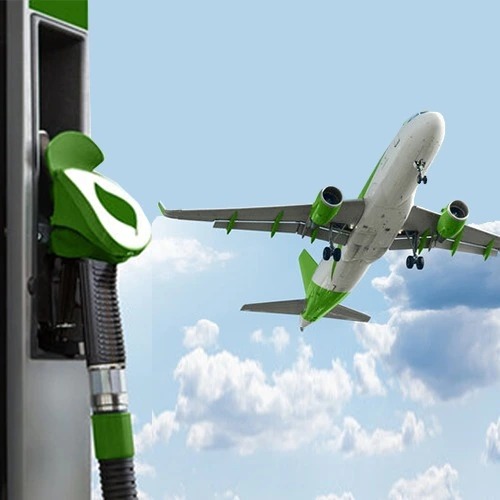Billionaire Richard Branson’s Virgin Atlantic is poised to make aviation history this November as it embarks on a journey from London to New York on November 28, marking a pioneering flight powered entirely by sustainable aviation fuel (SAF).
This milestone achievement follows the airline’s receipt of a permit from the United Kingdom, underscoring the significant steps taken in leveraging SAF to reduce the carbon footprint of air travel.
The Civil Aviation Authority of Britain granted Virgin Atlantic the green light for a transatlantic flight utilising SAF, a noteworthy development highlighting the potential for this environmentally friendly fuel in the aviation sector. The permit, which follows a series of meticulous technical assessments conducted by the UK regulator, includes the successful ground testing of the Rolls-Royce Trent 1000 engine, which propels Virgin’s 787 aircraft. Notably, securing similar permits from US, Irish, and Canadian regulatory bodies remains a pivotal requirement.
Virgin Atlantic aims to draw attention to the challenges surrounding the accessibility of Sustainable Aviation Fuel (SAF) through this historic flight. Currently, SAF is produced in limited quantities and comes with a price higher than conventional jet fuel. Virgin Atlantic’s CEO, Shai Weiss, expressed the company’s commitment to achieving a 10% SAF usage by 2030, while also emphasizing the necessity for government support in establishing a thriving SAF industry in the UK.
Sustainable Aviation Fuel (SAF) has become the focal point of airlines’ efforts to reduce their environmental impact. This innovative fuel utilizes waste materials such as cooking oils to achieve emission reductions of up to 70% when compared to traditional fossil fuels. Airlines are embracing SAF as a crucial step towards decarbonising air travel, especially in anticipation of emerging electric and hydrogen-powered alternatives in the coming decades.













